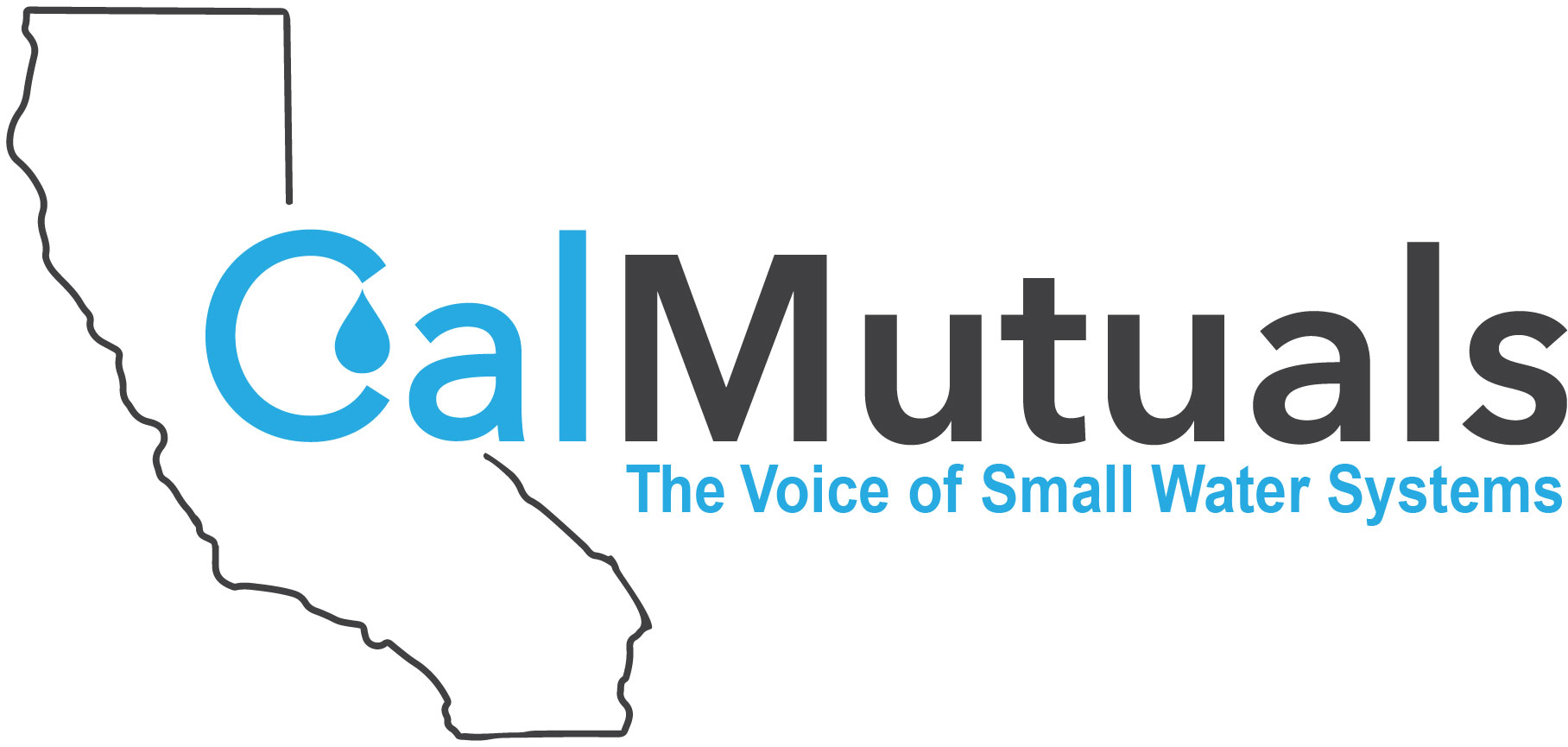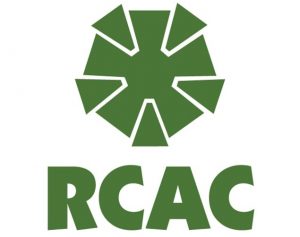Webinar | AB54 & AB240: Ethics for Mutual Water Company Board Members
Webinar OnlyBy law, all mutual water board members are required to have two hours of ethics training within six months of taking office and every six years following. This training is designed to provide system longevity and help ensure that board members meet their legal responsibilities. Required training topics include conflicts of interest, fiduciary responsibilities, Safe Drinking Water Act compliance, long-term management and capital improvement planning. We will also cover the AB240 requirements, which affect mutual water systems as of January 1, 2014. This workshop allows mutual water systems to comply with this new regulation and helps prepare them to better govern their water company. This workshop meets the legal requirement for board members ethics training under AB54. Participants will learn: Requirements of AB54 and AB240 Financial conflicts of interest to avoid About strategic planning Financial responsibilities Capital improvement planning How to comply with the Safe Drinking Water Act


